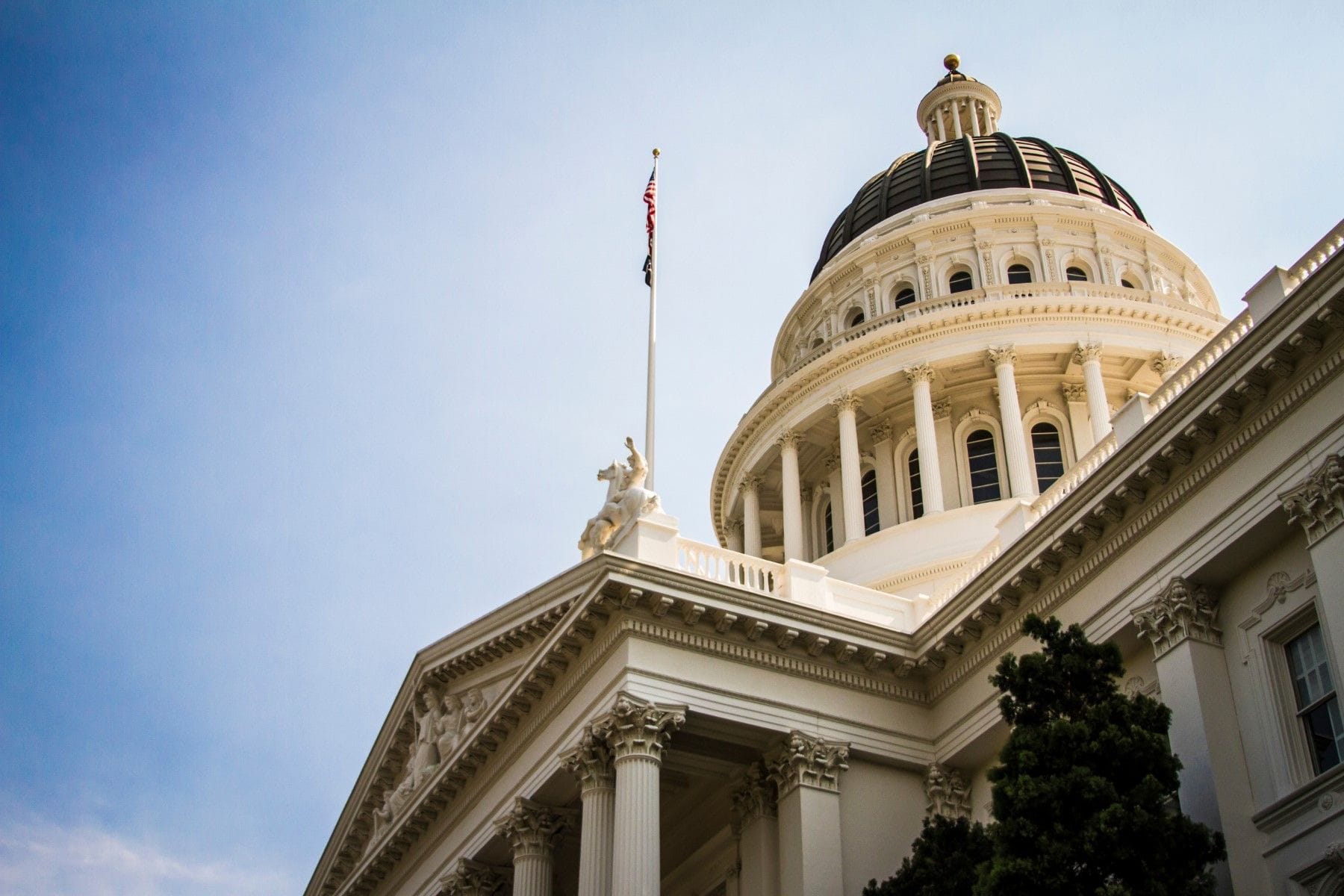California Expert Witness Admissibility Rules
California's expert witness testimony rules emphasize reliability and relevance, guided by specific legal standards and criteria for admissibility.
Updated on
In this article
Overview of Expert Witness Admissibility in California
In California, the admissibility of expert witness testimony is governed by a combination of statutory provisions and case law. The legal framework is designed to ensure that expert testimony presented in court is both relevant and reliable. Expert witnesses play a crucial role in various legal proceedings by providing specialized knowledge that aids the trier of fact in understanding complex issues. The rules governing their admissibility are rooted in ensuring the integrity and reliability of their testimony.
Is California a Daubert or Frye State?
California adopts the Frye standard, often referred to as the Kelly-Frye standard in the state, for determining the admissibility of expert testimony. This standard originated from the case of Frye v. United States, 293 F. 1013 (D.C. Cir. 1923), which requires that the scientific principles underlying the expert testimony must be "generally accepted" in the relevant scientific community. This contrasts with the Daubert standard, established in Daubert v. Merrell Dow Pharmaceuticals, Inc., 509 U.S. 579 (1993), which allows for a broader range of scientific evidence but subjects it to rigorous scrutiny by the judge.
Understanding California Evidence Code Section 801
California Evidence Code Section 801 outlines the criteria for admissibility of expert testimony in the state. The section specifies that expert opinion testimony is admissible if:
- It is related to a subject that is beyond common experience and where the opinion of an expert would assist the trier of fact.
- The opinion is based on matter (including personal knowledge, information made known to the expert at or before the trial, or a combination of both) that is reasonably relied upon by experts in the particular field.
This statute ensures that expert testimony is not only relevant but also grounded in the expert’s field of expertise, thus maintaining the testimony's integrity and usefulness.
Factors Courts Consider in California for Admitting Expert Testimony
When evaluating the admissibility of expert testimony, California courts consider several factors:
- Relevance: The testimony must be directly related to the issues at hand in the case.
- Reliability: The methods and principles underlying the testimony must be generally accepted in the relevant scientific community.
- Qualification of the Expert: The witness must possess the necessary skill, experience, training, or education in the relevant field.
- Foundation: There must be a proper factual basis for the expert’s opinion.
Courts apply these criteria to ensure that the expert testimony is not only helpful but also scientifically sound and credible.
Common Challenges to Expert Admissibility in California
Despite the established criteria, expert testimony can face several challenges:
- Lack of General Acceptance: If the scientific principle or method is not widely accepted in the relevant field, the testimony may be excluded.
- Insufficient Qualifications: An expert’s lack of adequate experience or education can lead to disqualification.
- Inadequate Foundation: Failure to provide a solid factual basis for an opinion can result in exclusion.
- Relevance Issues: If the testimony does not directly pertain to the case, it may be deemed inadmissible.
These challenges underscore the importance of thorough preparation and rigorous vetting of expert witnesses before trial.
Practical Tips for Attorneys Handling Expert Witnesses in California
Attorneys working with expert witnesses in California should consider the following strategies:
- Thoroughly Vet Experts: Ensure the expert has the appropriate credentials and a solid reputation in their field.
- Prepare for Frye Challenges: Be ready to demonstrate the general acceptance of the expert's methods.
- Establish a Strong Foundation: Provide a comprehensive factual basis for the expert’s testimony.
- Focus on Relevance and Clarity: Align the expert’s testimony closely with the central issues of the case, ensuring it is clear and comprehensible to the court.
By adhering to these practices, attorneys can enhance the likelihood of their expert testimony being admitted and effectively influencing the outcome of the case.


